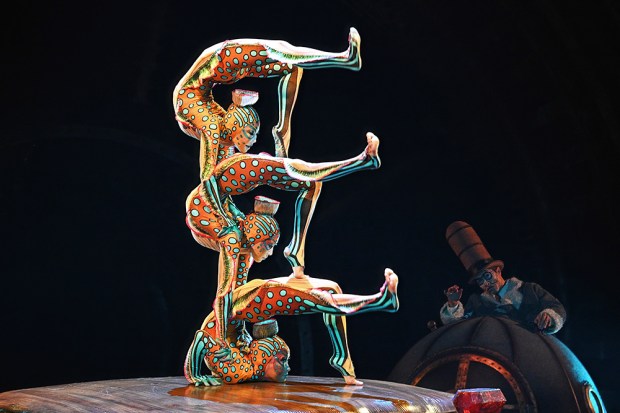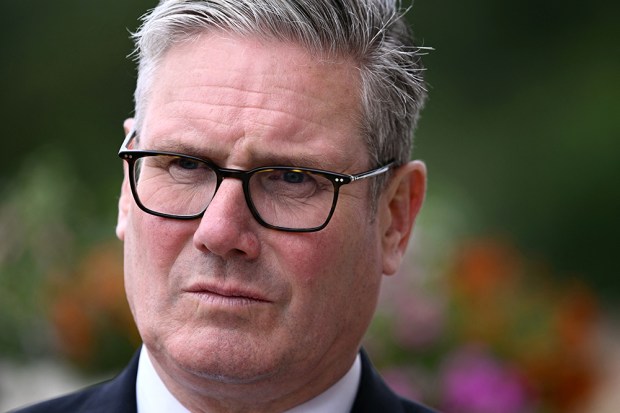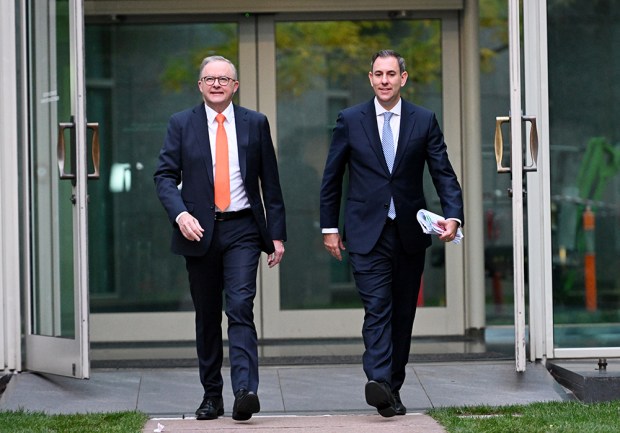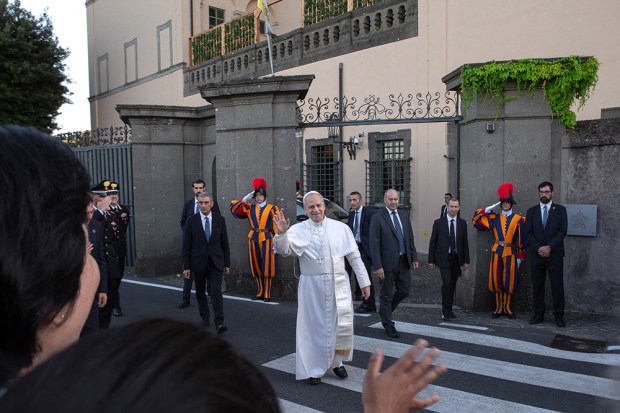Despite his immense contribution to Australian public life as a secretary of the Treasury, public policy expert, and briefly senator for Queensland, John Stone AO was largely ignored or maligned by Australia’s political and economic establishment that had rejected the lessons of the 1980s that he was instrumental in illuminating.
Such was Stone’s reputation as treasury secretary, a position he held from1979 to 1984, that Treasurer Paul Keating refused to dismiss him when Labor came to power in 1983. Keating perceived that doing so would undermine the economic credentials of the Labor government and rattle markets.
While he became affiliated with one side of politics later in life, during his time at Treasury Stone was far from a political partisan: he butted heads with governments of both political persuasions. He even claimed to have voted Labor in 1972 and 1983, an indicator of how poorly he judged the McMahon and Fraser governments’ economic vision.
His time serving the Labor government was destined to be short-lived. The most famous conflict arose from the Hawke government’s decision to float the Australian dollar early in its first term.
While the commonly reported story is that Stone objected to the proposal, the story rarely explains why.
The true story, as recounted by his Treasury colleague Des Moore, is that Stone actually supported floating the dollar, and in fact proposed reforms which would achieve a similar outcome. Rather, Stone objected to the decision to remove exchange controls unilaterally, without seeking the advice of Treasury on its pros and cons or what subsequent policy response would be required.
This is why Stone said in 1984, ‘Whatever may be said about the manner of the decision-making involved – and much could indeed be said on that – I personally believe that the decisions taken by the [Hawke government to float the dollar] will stand as its greatest achievement when all else has been forgotten.’
That the value of the dollar abruptly declined from 90 cents to the US dollar in December 1983 to 75 cents by mid-1986, adding further to Australia’s inflationary struggles, and leading to the economic conditions which prompted Keating’s famous outburst that Australia was in danger of becoming a ‘banana republic’, could be seen as validation of Stone’s concerns.
His many misgivings about the direction of economic policy under the Hawke government prompted Stone to resign in 1984. His Shann Memorial Lecture to the University of Western Australia, delivered after he had submitted his resignation but while still Secretary, effectively laid the foundations for Keating’s ‘banana republic’ comments.
Both Stone and Keating agreed the Australian economy had to fundamentally change – something Stone had been advocating long before Keating became Treasurer.
The lecture was immensely influential. Stone’s condemnation of excessive government debt caused by fiscal mismanagement, protectionism, and overregulated labour markets, and the disproportionate power wielded by trade unions, inspired a new generation of economic thinking, in support of limited government and free markets.
John Hyde, a Liberal backbencher during the period Stone was Treasury chief, noted in 1984 that, ‘No one should doubt that Stone is genuinely fearful for Australia. His trenchant criticism of economic management by both parties has been consistent over a long time… John Stone’s wrath is needed to wake us up.’ Hyde was right, adding, ‘If it is not dismissed for specious and extraneous reasons the Shann Memorial Lecture may yet prove to be not only of exquisite wit but of historical importance.’
While the 1980s are remembered for the influence of Hawke and Keating, it was John Stone and his allies, such as businessmen Ray Evans and Hugh Morgan, who were shifting the dial on market-based economic reform.
In 1985, Stone joined the Institute of Public Affairs as a Senior Fellow and established the H.R. Nicholls Society with Peter Costello to advance workplace relations reform. His work was successful in elevating the industrial relations debate, leading to reforms in 1995 and throughout the term of the Howard Coalition government.
Stone accepted an invitation from Sir Joh Bjelke-Petersen’s Queensland National party in 1987 to develop its ‘flat tax’ policy, and he entered the Senate in 1987. While the ‘Joh for PM’ push was unsuccessful, Stone added credibility to the Nationals’ economic reputation.
His decision to stand for a lower house seat in 1990 at a time the Queensland Nationals were on the ropes was ill-fated, and the seat moved to the Liberals. Stone stayed in public life by rejoining the IPA, and he co-founded the Samuel Griffith Society in 1992 to speak on behalf of an increasingly marginal view in Canberra – the preservation of the federal system of government and the principles of the Westminster system. Within these pages, his ‘Del-Con’ and ‘Dis-Con’ columns continued were a must-read for commonsense conservatives.
It is not as if all former Treasury secretaries are ignored by the political class. The same week that Stone passed away, former Treasury chief Ken Henry was invited to speak to the National Press Club.
Henry is now the head of an activist environmental NGO, the Australian Climate and Biodiversity Foundation, and is using his economic credentials to push more green tape on Australia’s struggling businesses and, in so doing, further impede economic productivity.
Henry pushes progressive policies, and as a result is still a part of the ‘club’. John Stone, who spent his life advocating for policies which enhanced the power of the individual and the taxpayer over the power of government, was shut out.
Suffice to say, John Stone was never invited to speak to the National Press Club after his period of public service had concluded in 1990, despite his lengthy contribution to intellectual and economic debate.
As Stone noted in a 1987 edition of the IPA Review, ‘Australia is in a fearful mess’ and the major political parties have not ‘demonstrated either the policy grasp, or the intestinal fortitude’ to fix it.
John Stone had the necessary fortitude and the intellect to shift debate towards the creation of a better Australia. As a might-have-been leader of the Nationals, he was the greatest deputy prime minister we never had, but his influence looms large over Australia nonetheless.
Got something to add? Join the discussion and comment below.
Morgan Begg is the Director of Research at the Institute of Public Affairs
You might disagree with half of it, but you’ll enjoy reading all of it. Try your first month for free, then just $2 a week for the remainder of your first year.













